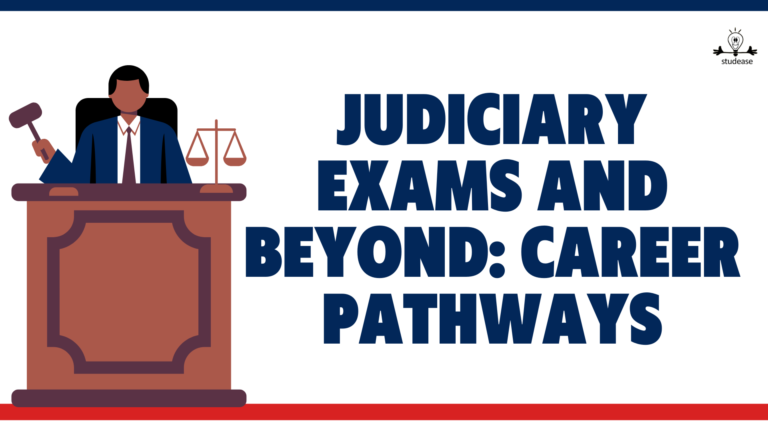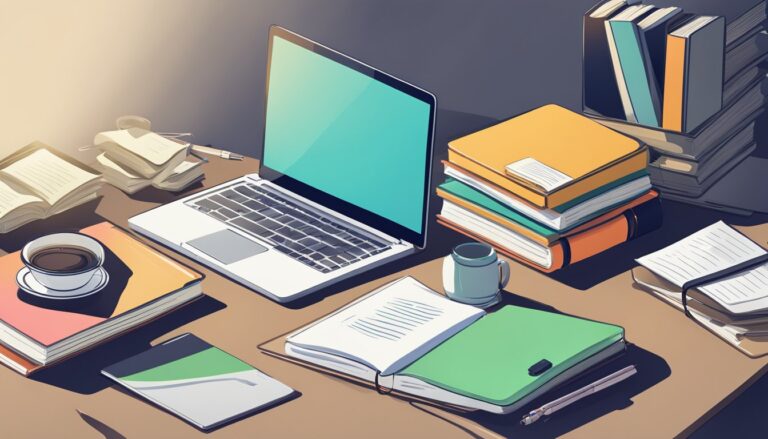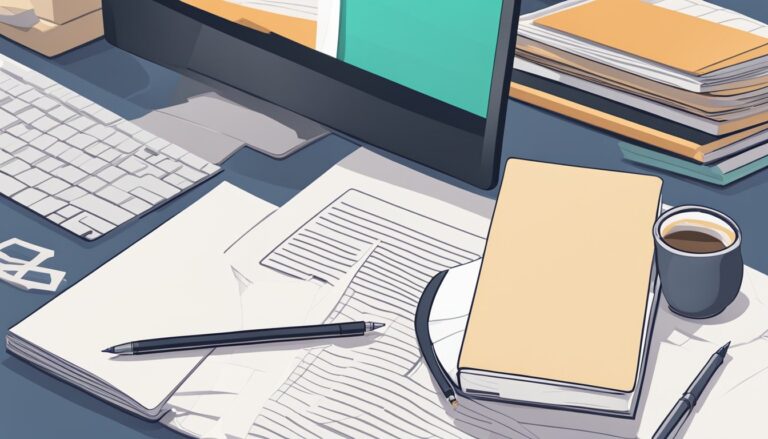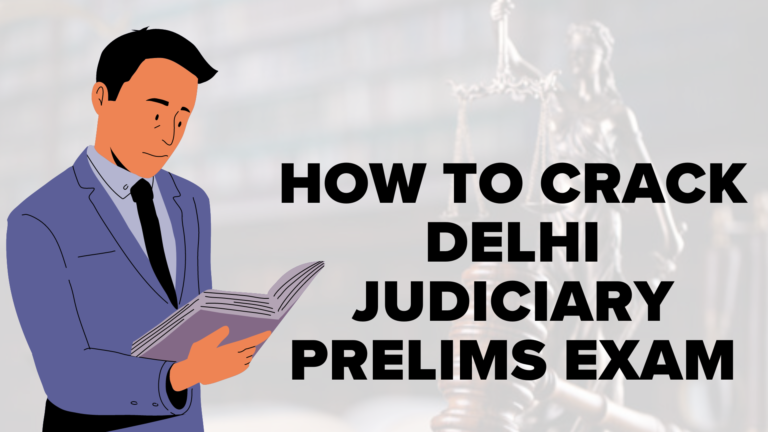The Importance of Mock Tests for Judiciary Exam Success
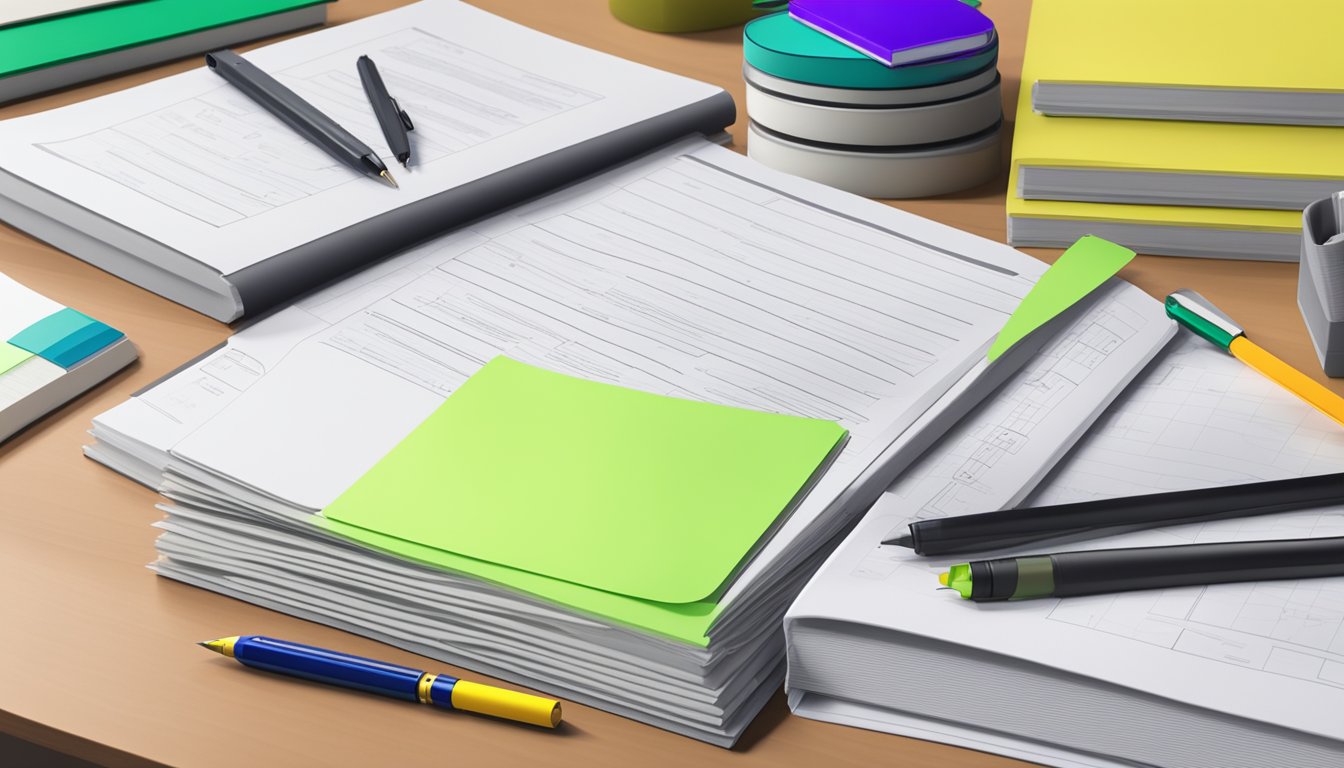
Getting ready for a judiciary exam can be quite intimidating, especially if you are unsure of where to start. With so much material to cover and a limited amount of time, it can be challenging to know how to approach the exam preparation process.
One effective strategy that has proven to be successful for many candidates is the use of mock tests and previous year papers.
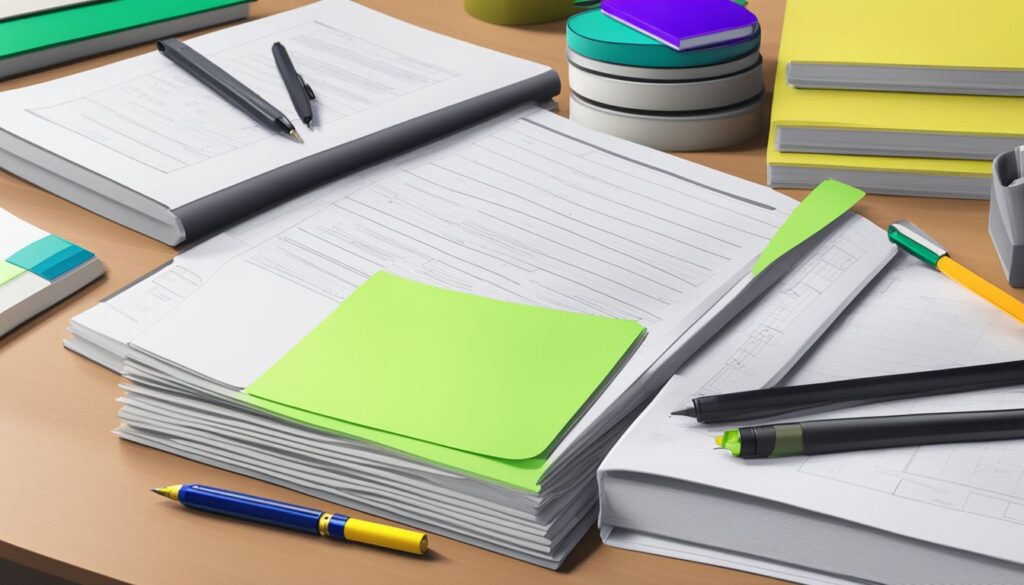
Mock tests and previous year papers are designed to simulate the actual exam environment, giving you a chance to practice and improve your skills before the big day.
These tests are often created by experts in the field, and they are designed to cover the same topics and format as the actual exam. By taking these tests, you can gain a better understanding of what to expect on the actual exam and identify areas where you need to improve.
One of the key benefits of using mock tests and previous year papers is that they can help you build confidence and reduce anxiety. The more you practice, the more familiar you become with the exam format and the type of questions that are likely to be asked.
This can help you feel more relaxed and confident on the day of the exam, which can ultimately lead to better performance and higher scores.
Additionally, by reviewing your performance on these tests, you can identify areas where you need to focus your study efforts, allowing you to make the most of your study time and increase your chances of success.
Page Contents
Importance of Mock Tests in Exam Preparation

Practice exams are crucial for excelling in judiciary exams. They aid in exam readiness by replicating real test conditions, boosting speed and precision, pinpointing strengths and weaknesses, refining time management abilities, and shaping a study strategy. Let’s delve into each of these advantages.
Enhancing Speed and Accuracy
Mock tests are designed to help you improve your speed and accuracy. By taking mock tests, you can get a feel for the type of questions that will be asked in the exam, and you can learn to answer them quickly and accurately.
This will help you to complete the exam within the allotted time and increase your chances of success.
Identifying Strengths and Weaknesses
Mock tests can help you identify your strengths and weaknesses. By analyzing your performance in each mock test, you can determine which areas you need to focus on and which areas you are already proficient in.
This will help you to allocate your study time more efficiently and effectively.
Time Management Skills
Mock tests are an excellent way to improve your time management skills. By practicing taking exams under timed conditions, you can learn to manage your time effectively and efficiently.
This will help you to complete the exam within the allotted time and reduce your stress levels.
Simulating Real Exam Conditions
Mock tests simulate real exam conditions, which can help you to feel more confident and comfortable on the day of the exam. By taking mock tests, you can get a feel for the exam environment, the types of questions that will be asked, and the time constraints you will face.
This will help you to feel more prepared and less anxious on the day of the exam.
Designing a Study Plan
Mock tests can help you to design a study plan that is tailored to your individual needs. By analyzing your performance in each mock test, you can determine which areas you need to focus on and which areas you are already proficient in.
Moreover, you will get an idea about the type of Questions and the areas which are important for any State Exam.
This will help you to allocate your study time more efficiently and effectively, and ensure that you are fully prepared for the exam.
Effective Study Strategies

To succeed in the judiciary exam, it is crucial to have effective study strategies in place. Here are two strategies that can help you make the most of your study time:
Revision Techniques and Strategies
One of the most effective strategies for exam success is revision. It is essential to revise regularly to ensure that you retain the information you have learned. To make revision more effective, you can use techniques such as:
- Flashcards: Create flashcards with key concepts, definitions, and case laws. This will help you memorize the information more effectively.
- Mind maps: Use mind maps to connect different concepts and ideas. This will help you understand the relationships between different topics.
- Summarizing: Summarize the information you have learned in your own words. This will help you retain the information and identify any gaps in your knowledge.
Utilizing Study Groups and Online Forums
Study groups and online forums can be an excellent resource for exam preparation. They provide an opportunity to discuss concepts, clarify doubts, and learn from others. Here are some tips for making the most of study groups and online forums:
- Choose a group or forum with members who are serious about exam preparation.
- Assign roles to group members, such as notes preparation or discussion leader.
- Use online forums to ask questions, share resources, and connect with other exam takers.
Leveraging Previous Year Papers
One of the most effective ways to prepare for a judiciary exam is to practice with previous year papers. This allows you to get a sense of the types of questions that are commonly asked and the format of the exam.
Here are some ways in which you can leverage previous year papers to improve your chances of success.
Practicing Under Time Constraints
By practicing with previous year papers, you can get a sense of how long it takes you to answer each type of question. This will help you to manage your time effectively during the actual exam.
You can create a mock test environment by setting a timer for the same amount of time as the actual exam and attempting the paper under the same time constraints. This will help you to get used to the pressure of limited time and improve your speed and accuracy.
Understanding Question Types and Trends
Previous year papers can help you to identify the types of questions that are commonly asked and the patterns and trends in the exam. This will allow you to focus your preparation on the areas that are most likely to come up in the exam.
You can also create a list of the most frequently asked questions and practice answering them until you are confident in your ability to tackle them.
Gauging Preparation Level
By attempting previous year papers, you can get a sense of your current level of preparation. This will help you to identify your strengths and weaknesses and focus your preparation accordingly.
You can also use previous year papers to track your progress and see how far you have come since you started preparing for the exam.
Revisiting Legal Concepts and Arguments
Previous year papers can also help you to revise important legal concepts and arguments. By attempting the questions, you can identify areas where you need to brush up on your knowledge and revise the relevant topics.
You can also use previous year papers to test your understanding of legal concepts and arguments and ensure that you are able to apply them to different scenarios.
Supplementary Preparation Methods
In addition to practicing with mock tests and previous year papers, there are other supplementary preparation methods that can help you succeed in the judiciary exam.
Here are a few options to consider:
Expert Guidance and Mock Interviews
One of the most effective ways to prepare for the judiciary exam is to seek expert guidance from subject matter experts.
Mock interviews can help you identify areas where you may need improvement and give you an opportunity to practice answering questions under pressure.
Managing Exam Stress and Anxiety

Preparing for a judiciary exam can be a stressful and anxiety-inducing experience. However, managing this stress and anxiety is crucial to achieving success on the exam.
Here are some tips to help you manage exam stress and anxiety:
Building Confidence Through Practice
One of the best ways to combat exam anxiety is to build your confidence through practice.
Mock tests and previous year papers are excellent resources for this. By practicing with these materials, you can get a better understanding of the types of questions that will be on the exam and how to approach them.
This will help you feel more confident and prepared on exam day.
Additionally, taking mock tests and practicing with previous year papers can help you identify areas where you need to improve. This can give you a clear focus for your studies and help you feel more in control of the exam process.
Final Tips for Judiciary Exam Success
Preparing for the judiciary exam can be a daunting task, but with the right strategies and techniques, you can increase your chances of success. Here are some final tips to help you ace your exam:
Last-Minute Revision and Checklist
As the exam day approaches, it is essential to revise everything you have learned thoroughly. Make a checklist of all the topics you need to cover and prioritize them based on their importance.
Set a realistic timetable for revision and stick to it.
Developing Critical Thinking and Analytical Skills
The judiciary exam is not just about knowledge; it also tests your critical thinking and analytical skills. Therefore, it is crucial to develop these skills during your preparation.
One way to do this is by solving case studies and analyzing legal judgments. This will help you understand the legal principles and apply them to real-life scenarios.
Also, it will help you develop a logical and structured approach to problem-solving.
Another way to develop critical thinking and analytical skills is by participating in mock trials and debates. This will help you improve your argumentative skills and develop a deep understanding of legal principles.
Preparation Tips
Apart from revision and developing critical thinking and analytical skills, here are some other tips that can help you prepare for the judiciary exam:
- Start early and be consistent with your preparation.
- Practice time management and solve mock tests within the given time limit.
- Stay updated with the latest legal developments and current affairs.
- Build your confidence by visualizing yourself succeeding in the exam.
- Take care of your health and well-being by getting enough sleep and exercise.
Conclusion
By now, you should understand the importance of mock tests and previous year papers in preparing for the judiciary exams. They are an essential tool that can help you assess your strengths and weaknesses, improve your time management skills, and get a sense of the exam format and difficulty level.
Mock tests and previous year papers can also help you build your confidence and reduce your anxiety levels. By practicing with these materials, you will become more familiar with the types of questions that may appear on the exam, and you will be better equipped to tackle them.
It is important to note that mock tests and previous year papers should not be the only resources you rely on when preparing for the judiciary exams. You should also study the relevant legal concepts and case laws thoroughly.
Additionally, practice writing essays and answering questions in a clear and concise manner.
In conclusion, incorporating mock tests and previous year papers into your study routine can be a valuable strategy for achieving success in the judiciary exams.
By using these resources effectively, you can improve your chances of passing the exam and advancing your legal career.


